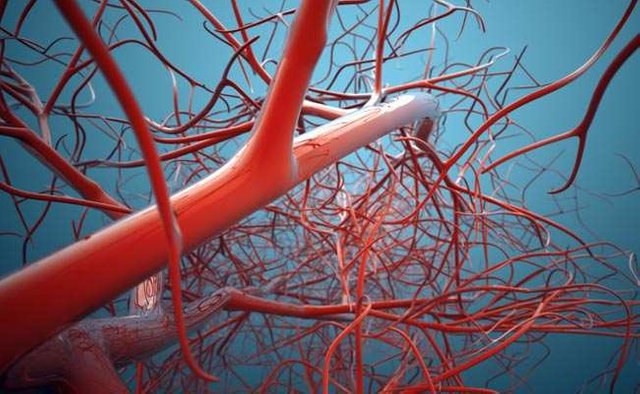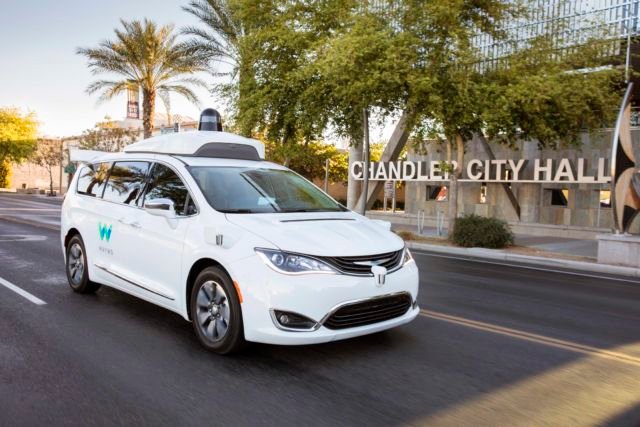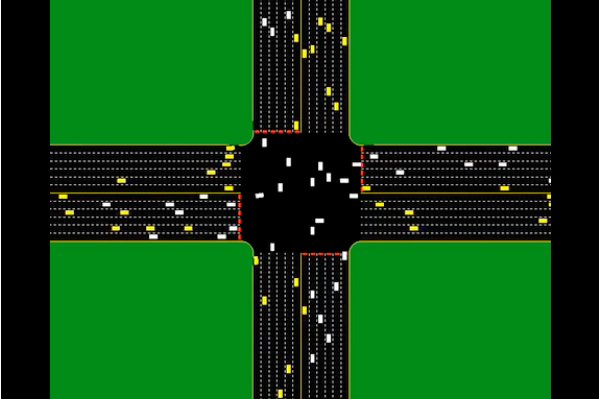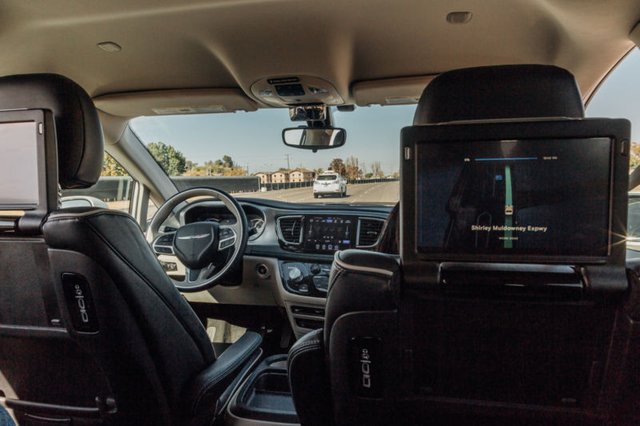How long will it take driver-less cars to hit the streets, will it be 2, 3 or even 10 years, the answer to that question depends on how long it would take for humans to handover control to AI (Artificial Intelligence). The biggest question still remains whether Computers will make better drivers than humans. Will these computer programmes be able to understand traffic signs effectively? Will they be able to distinguish between a living thing and a non living thing if it was standing in the way? Well, some of these questions might not have immediate answers until we start seeing driver-less cars on the street.
For years the solution to traffic congestion has been to build more roads. Major cities have dual, triple and even quadruple carriage roads, all this is done in a bid to reduce traffic congestion. This has not solved the problem because everyday the roads are filled with more and more cars.
Most cities provide alternative sources of transport like commuter buses, trains and so on, but this has not helped the situation as cities keep growing and the number of road users keep increasing. So do we stop people from using their cars and force them to use public transport instead, absolutely not. However, It is safe to say that a better alternative is needed to help people move from point A to B in a very short time.
Using the Human body as an example
Take our bodies for example, it is made up a network of vessels that carries blood, water, nutrients from one point of the body to another. The question is, why are red blood cells never late in arriving at the right organ. Imagine if these red blood cells always faced traffic congestion, or worse if the cell behind has to wait for the one in front to divert before it can find it's way to the right. When these happens our body system would collapse.
Red blood cells travel at incredible speeds and they never stop at intersections. The vessels in our body which is made up of a network of arteries, veins, and capillaries are connected to one another just as roads are connected via intersections. These red blood cells never stop at intersections, they keep moving without colliding until they get to their final destination and they always get to their destination on time.
Imagine if we can apply the same concept above to our transportation system, then we would experience a remarkable improvement in movement vehicular movement.

Picture of blood vessels : Image credit
Drieverless cars In Cities
Just imagine if all the cars in cities become driverless and connected and for a moment there was no need for traffic lights, stop signs, traffic controllers, Lanes and speed limits. Driverless cars move in way that is free from human unpredictability and errors. They are controlled by a computer program that allows the cars to communicate together, thus allowing them to move freely without collisions.
With state of the art collision avoidance technology and proximity sensors, driverless cars can avoid each other and avoid obstacles on the road. They employ GPS (Global Positioning System) technology to enable them navigate effectively without any human intervention.
The reaction time of driverless cars is very minimal, they can speed up or slow down depending on the instructions they receive from the Autonomous Intersection Management System and the cars around them . In driverless cities instead of flow being controlled by rigid traffic rules, they can be controlled by a machine learning self improving computer Algorithm.

Driverless car : Image credit
Autonomous Intersection Management
Autonomous Intersection Management or AIM is a framework for managing Autonomous vehicles or driveless cars at intersections.
AIM is designed for a time when vehicles are driverless and connected. It is designed to control the flow of traffic at intersections, by instructing a vehicle to speed up or slow down depending on the signals received from other vehicles.
Experts have anticipated a long transition period during which humans and autonomous operated vehicles will coexist.

In Conclusion
There has been a lot of efforts by major car manufacturers to start rolling out self driving cars before the end of the decade. Manufacturers like Ford, BMW, Tesla, Audi and so on have hinted at the fact the driver-less cars will be out in no distant future. Google found a major breakthrough with the release of it's first self driving car through a project called Waymo. On November 7, 2017, Waymo began testing driverless cars without a safety driver at the driver position.
In the near driverless ride-hailing services could be offered with companies like Uber ordering as much as 24,000 cars from Volvo, which is expected to be delivered in 2019.
FOR FURTHER READING
https://www.marketwatch.com/story/ai-in-2018-waiting-for-driverless-cars-to-become-a-reality-2017-12-27
https://arstechnica.com/cars/2017/12/driverless-cars-became-a-reality-in-2017-and-hardly-anyone-noticed/
http://www.cs.utexas.edu/~aim/
https://www.youtube.com| What a driverless world could look like | Wanis Kabbaj
https://www.youtube.com| Autonomous Intersection Management
Thanks for reading this article, if you enjoyed it, you head over to the **SteemSTEM ** community for more articles and discussion on science.
Please support me by upvoting, commenting and resteeming my posts


this is interesting, I've watched some videos about this topic aswell. But you know driving can be pretty fun sometimes aswell, so wonder how many people would give it up for self driving cars and lose the experience ;p
Downvoting a post can decrease pending rewards and make it less visible. Common reasons:
Submit
Driving is fun, but can be a terrible experience when you are stuck in traffic
Downvoting a post can decrease pending rewards and make it less visible. Common reasons:
Submit
The most interesting thing about this is that we would avoid traffic accidents due to alcoholic or some psychotropic ingestion, use of cellulars, carelessness and more.
Downvoting a post can decrease pending rewards and make it less visible. Common reasons:
Submit
you are right, this could solve a lot of road traffic problems
Downvoting a post can decrease pending rewards and make it less visible. Common reasons:
Submit
nice blog... plz upvote and comment our post we do same for you
Downvoting a post can decrease pending rewards and make it less visible. Common reasons:
Submit
okay
Downvoting a post can decrease pending rewards and make it less visible. Common reasons:
Submit
@iambitnet, upvoted your post
Downvoting a post can decrease pending rewards and make it less visible. Common reasons:
Submit